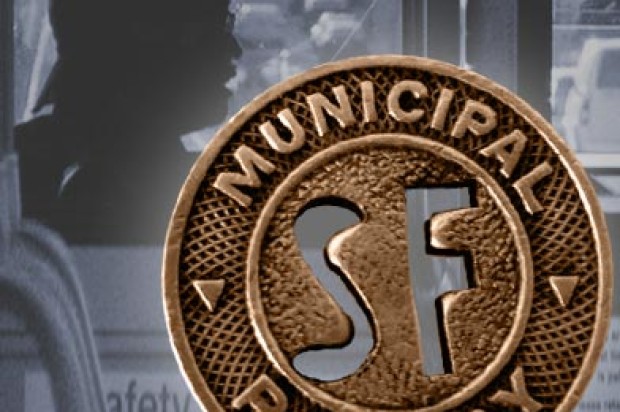
Plans to make over San Francisco’s Van Ness Avenue with a bus rapid transit project were approved this afternoon, a transportation agency spokesman said.
The San Francisco Municipal Transportation Agency board of directors unanimously approved the project that is estimated to cost about $125 million and be completed by spring 2018, spokesman Paul Rose said.
Under the proposal, two lanes in both directions on Van Ness between Mission and Lombard streets will become dedicated bus lanes.
The separated lanes will be used by the 47-Van Ness and 49-Van Ness/Mission Muni bus routes and Golden Gate Transit buses.
The lanes will run in the middle of the thoroughfare with landscaped medians where passengers will board. The outer lanes in both directions will be used by other motorists.
There will be 10 bus stops in the northbound direction and nine for southbound passengers, Rose said.
Transportation officials hope the bus-only lanes will expedite travel time by eliminating left-turning slowdowns and giving traffic signal priority to buses.
There will also be pedestrian improvements, signal upgrades, new streetlights, and new landscaping and roadway resurfacing, according to the plan.
The road-to-sidewalk ratio of the corridor will not change under the proposal.
Transit officials are expecting various improvements along the corridor after the changes, including buses running 30 percent faster and an increase of passenger capacity for Muni bus routes.
The buses will be switched to longer vehicles with bigger capacity, and both Muni routes will run every seven and a half minutes, which is a more frequent pace, Muni officials said.
The corridor operates as U.S. Highway 101 through the city, therefore Caltrans was required to review the plans and approved the project earlier this month.
The San Francisco County Transportation Authority, which consists of the city’s Board of Supervisors, approved the transit plan last week.
The next step is approval from the Federal Transit Administration, which will review the environmental impact of the project and will approve federal funding.
About $75 million is slated to come from a federal program, $36 million from a city sales tax and the remaining $14 million from other local, regional and state sources.
Construction on the project is expected to start in winter 2015.
Sasha Lekach, Bay City News









